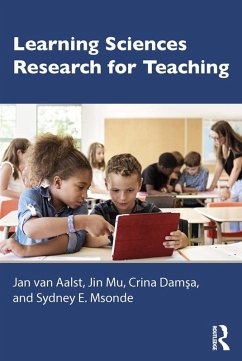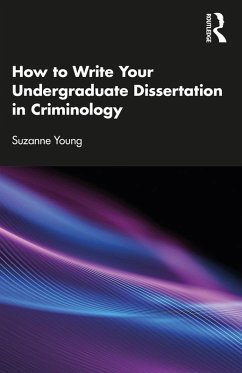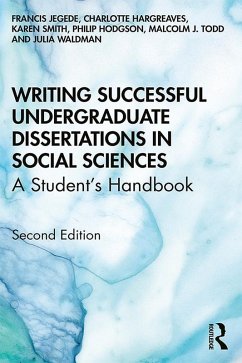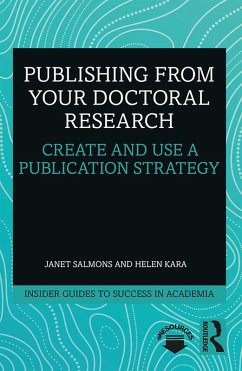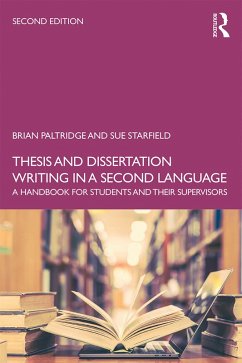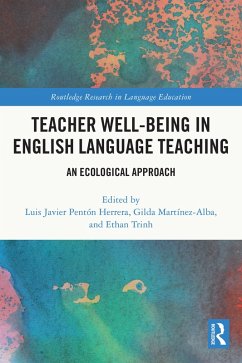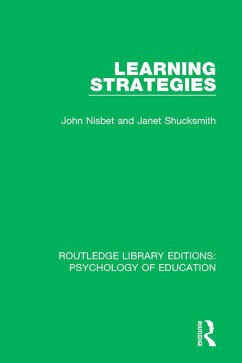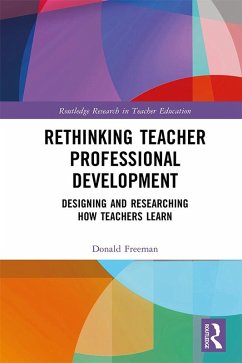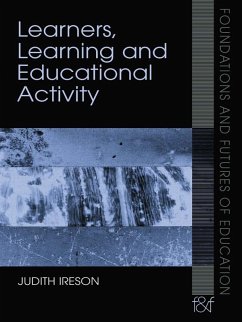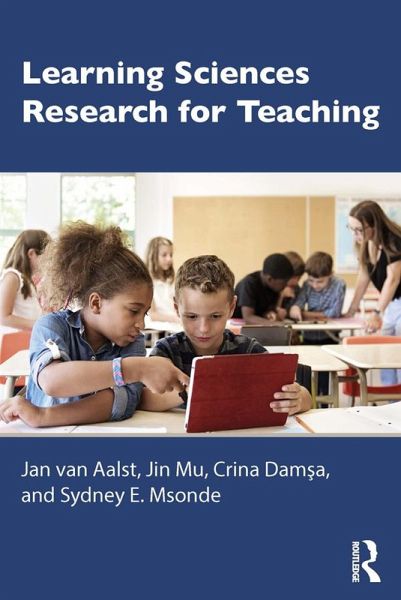
Learning Sciences Research for Teaching (eBook, ePUB)
Versandkostenfrei!
Sofort per Download lieferbar
39,95 €
inkl. MwSt.
Weitere Ausgaben:

PAYBACK Punkte
20 °P sammeln!
Learning Sciences Research for Teaching provides educators with a fresh understanding of the use and implications of learning sciences scholarship on their studies and professional preparation. A highly interdisciplinary field, the learning sciences has been expressly focused on the advancement of teaching and learning in today's schools. This introductory yet cutting-edge resource supports graduate students of teaching, leadership, curriculum, and learning design in research methodology courses as they engage with and evaluate research claims; integrate common methods; and understand experime...
Learning Sciences Research for Teaching provides educators with a fresh understanding of the use and implications of learning sciences scholarship on their studies and professional preparation. A highly interdisciplinary field, the learning sciences has been expressly focused on the advancement of teaching and learning in today's schools. This introductory yet cutting-edge resource supports graduate students of teaching, leadership, curriculum, and learning design in research methodology courses as they engage with and evaluate research claims; integrate common methods; and understand experimental, case-based, ethnographic, and design-based research studies. Spanning the learning science's state-of-the-art approaches, achievements, and developments, the book includes robust, accessible coverage of topics such as professional development, quantitative and qualitative data, learning analytics, validity and integrity, and more.
Please visit https://dple.nl/learning-sciences-research-for-teaching for additional resources, exercises, and a brief video introduction from the authors!
Please visit https://dple.nl/learning-sciences-research-for-teaching for additional resources, exercises, and a brief video introduction from the authors!
Dieser Download kann aus rechtlichen Gründen nur mit Rechnungsadresse in A, B, BG, CY, CZ, D, DK, EW, E, FIN, F, GR, HR, H, IRL, I, LT, L, LR, M, NL, PL, P, R, S, SLO, SK ausgeliefert werden.




